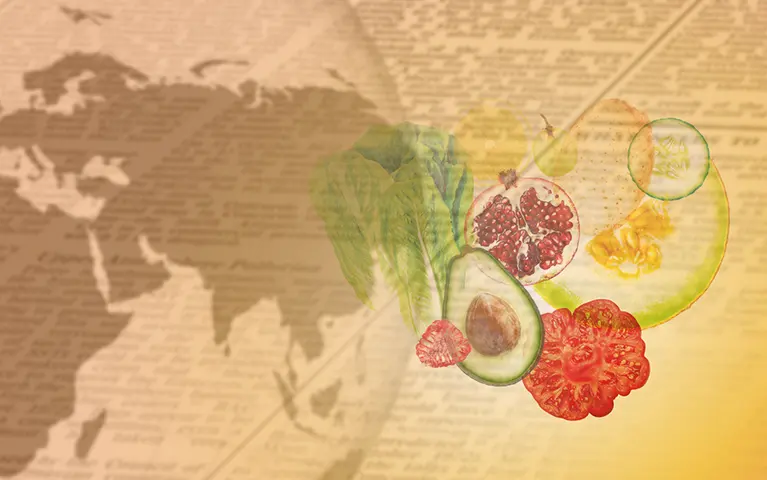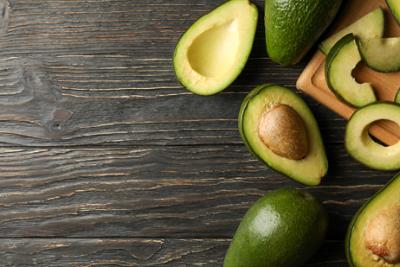

Tropical fruits in Spain: consumers demand more exotic flavors, and avocados become the star
Discover the boom in tropical fruits in Spain: avocado, papaya, dragon fruit, and passion fruit lead the demand for exotic and sustainable flavors.
Growth potential of tropical fruits
The tropical fruit category continues to have enormous growth potential in Spain, driven by consumers seeking more exotic flavors. Beyond avocado, which has not yet peaked, other fruits with limited household penetration are steadily rising.
Emerging fruits in the Spanish market
Notable examples include papaya, pitaya or dragon fruit, passion fruit, and maracuya. Although their volume in Spain is still limited, most is imported from Latin America.
Traditional fruits with erratic consumption
Traditional fruits such as kiwi, pineapple, and mango show consumption fluctuations, mainly influenced by price and seasonal production.
Consumption expectations and sector expansion
For this year, consumption forecasts are optimistic according to major distributors like Cultivar, Grupo Fernández, and Green Bargosa. Producers continue expanding with new plantations and processing centers beyond La Axarquía (Málaga).
Infrastructure expansion
These new facilities ensure the future supply of tropical fruits in Spain.
Avocado consumption growth
Avocado stands out for its sustained growth in households and horeca, consolidating as a versatile ingredient.
Volume and value sales data
In 2024, avocado sales increased 10.2% in volume and up to 20% in value, despite a 7% rise in average price due to droughts and climate events.
Historical evolution of avocado
From 2018 to 2023, household consumption rose from 55,395 t to 90,336 t (+63%), and value sales doubled from €187 M to €383.39 M. By 2024, estimates are near 100,000 t and €460 M.
Evolution of other tropical fruits
Mango
Mango consumption dropped around 25% in volume and 9.3% in value in 2024 due to limited availability and price increase.
Pineapple
Pineapple decreased 9.8% in volume but maintained nearly the same value (€93 M) despite a 13.2% price increase.
Kiwi
Kiwi fell 2.3% in volume in 2024 but grew 5.9% in value thanks to a 3.4 €/kg average price increase.
Ready-to-eat fruits and sustainability
The Spanish sector, mainly in Málaga, focuses on ready-to-eat fruits in optimal condition to minimize waste.
Technological innovation
Companies like Cultivar invest in advanced facilities in Mercabarna (8,000 m²) for sourcing, selection, ripening, and packaging of mangoes and avocados.
Organic and zero-residue products
Although organic fruits perform better in Europe, demand in Spain is stagnant due to price. Intermediate solutions like zero-residue products are emerging.
Diversification and climate change adaptation
Avocado cultivation has expanded to other provinces (Huelva, Cádiz, Valencia) to adapt to extreme weather and ensure supply.
New commercial windows
Operators seek local fruits and extend the season with the Lamb Hass variety in Levante.
Recent operator projects
Alcoaxarquía opened a processing center in La Sollana (Valencia), Tropicsur Subtropicales in Pedreguer (Alicante), and Trops acquired a warehouse in Nules (Castellón). Grupo Reyes Gutiérrez plans new facilities in the area.






